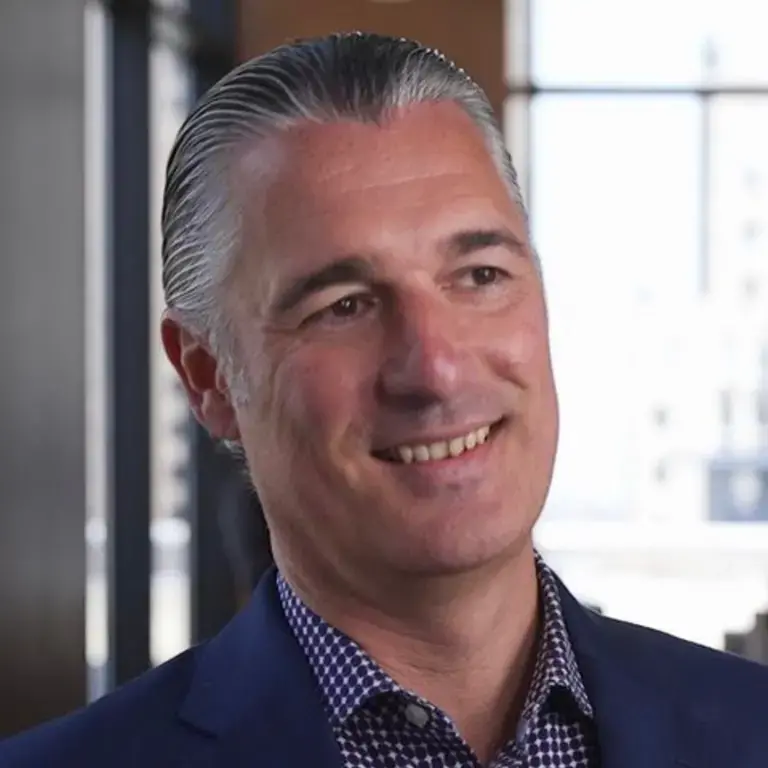This opinion piece is a colossal failure in upholding the art of suspense, spoiling the storyline right in the title. Yet, there is more than one plot twist to consider when closely observing an industry that appears to be (too) assured of how to manage an unprecedented wave of financial advisors leaving the business.
By a simple count of “self-disclosures,” or understanding the specific demographics, more financial advisors than ever will be retiring over the next decade. While this fact alone may bring relief to some concerned industry observers, mainly those looking for more beneficial services and improved diversity, the issue simply is not one of professionals leaving and finding successors.
Some years ago, consulting company Bain issued a critical voice over how consumers perceive, and receive, value. A straightforward application of this “Elements of Value” concept reveals that even in today’s world most financial advice is still rather functional, i.e., “managing the money” at its core. Even advisors “throwing on top” a financial plan, may not be meeting the required mark as clients are increasingly looking for more.
“More,” is defined as helping to achieve a higher value proposition through advice, accounting for aspirational goals, an emotional state, and social impact. On the other side of the “more-ask,” rapidly changing consumer preferences, especially of how to “access” and “consume” advice, incl. personalized data, are driving change; all very much reflective of the rapid rise in automation and digital transformation in wealth management.
In a fair assessment, many of today’s practicing advisors or their firms could likely not repeat their success if they had to start all over, and(!) a designated second generation to lead the business into the future may, in many cases, face the same hurdles. The issue, more often, is that successors are generally being prepared for what the business is rather than what the business needs to compete with an “up value” proposition.
Competing successfully will require a different focus on talent; how firms choose, develop, and retain employees. With an increase in data-driven personalization of the advice experience, clients will expect a reflection of their lifestyle choices and values. Despite a necessary high degree of technical expertise, the business, overall, requires a “softer,” more diverse, and multi-faceted generation of advisors.
To accommodate for requisite investment into the future state of financial advice while, at the same time, accounting for market volatility and margin compression, firms have no choice but to drive clear decisions and execute deliberately around; 1) outdated client segmentation models; 2) improved scale and efficiency of low-value propositions; 3) sophistication (broadly speaking) concerning talent and data as differentiating drivers.
An important risk consideration: it is a common and precarious misconception that “functional” service offerings (after Bain), or, in other words, “commodities” can be deprioritized. It is the very challenge inherent to commoditized offerings to be executed flawlessly while, equally, not allowing for a premium to be charged. In other words, firms need to secure the base and outsource “intelligently” to free enough resources to compete on the higher spectrum of the value pyramid.
Admittedly, a straightforward discovery with no “breaking news” here, and yet, the struggle is real with a large number of traditionally trained advisors holding onto “what is.” Clients and new talent, especially an emerging group of millennials, before the backdrop of a pending transfer of generational wealth, will demand new forms of engagement and service offerings. It is time to remove the technical mystique from financial advice and focus on results and experiences to stay relevant.
The views expressed are those of the author and do not necessarily represent the views of any other person or entity.
